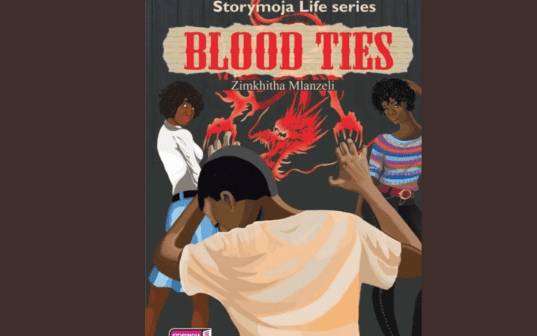×
The Standard e-Paper
Kenya’s Boldest Voice

In extreme scenarios, as is the case with totalitarian regimes, education is indoctrination, a means to brainwash the masses, when they are still young and impressionable, to grow up exalting the bogey man. The syllabus will be designed to portray him as a paragon of sorts. This is the case in North Korea today.